A collection of essays on the art of war is attributed to Sun Tzu. The Art of War by Sun Tzu, compiled over 2,000 years ago by the warrior-philosopher, is still one of the most widely studied and influential books on strategy throughout the world today..
This work stresses the unpredictability of battle, the importance of deception and surprise, the close relationship between politics and military policy, and the high costs of war. The futility of seeking hard and fast rules and the subtle paradoxes of success are major themes. The best battle, Sun Tzu says, is the battle that is won without being fought.
The most fundamental of Sun Tzu’s principles for the conduct of war is that “All warfare is based on deception”. Another key Sun Tzu principle is that “The supreme art of war is to subdue the enemy without fighting.”
The Art of War by Sun Tzu, compiled over 2,000 years ago by the warrior-philosopher, is still one of the most widely studied and influential books on strategy throughout the world today. The most fundamental of Sun Tzu’s principles is that “warfare is based on deception”, and he believed that “the supreme art of war is to subdue the enemy without fighting”. One of his stratagems emphasizes the importance of knowing your enemy, “If you know the enemy and know yourself, you need not fear the result of a hundred battles. If you know yourself but not the enemy, for every victory gained you will also suffer a defeat”. Today his work has found new applications in areas totally unrelated to its original military purpose and used as a guide in business, sport, diplomacy, and even in dating.


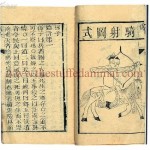
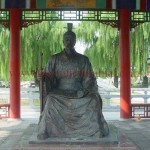
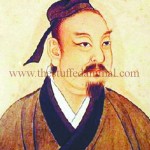
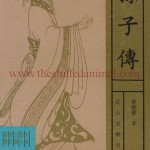

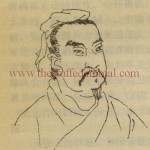

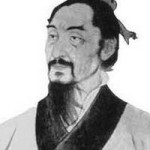
Leave a Reply